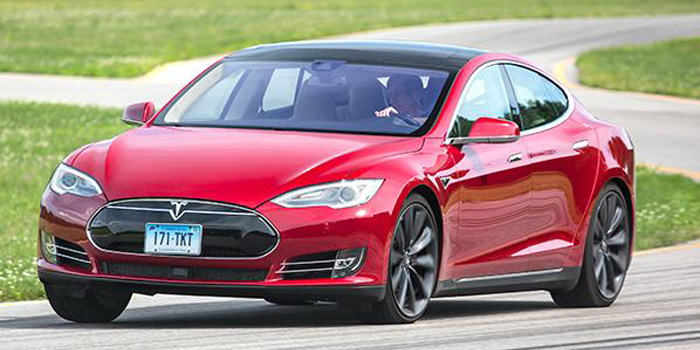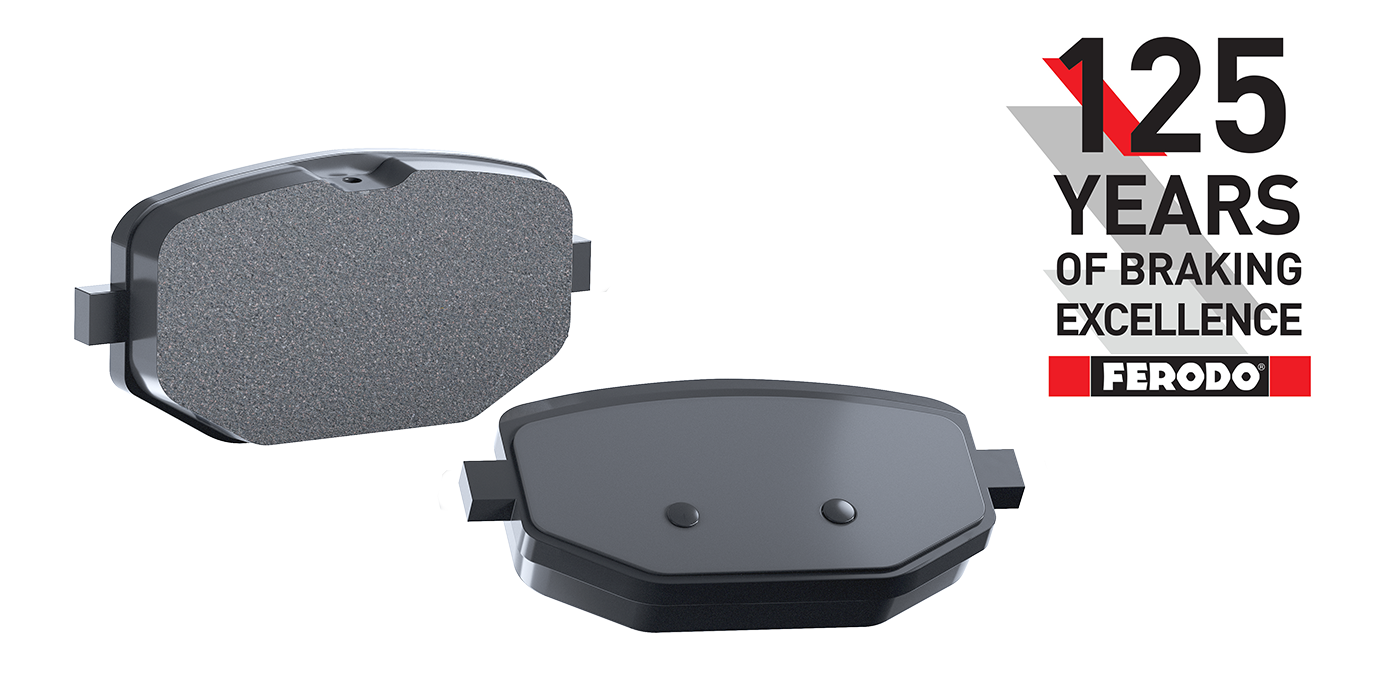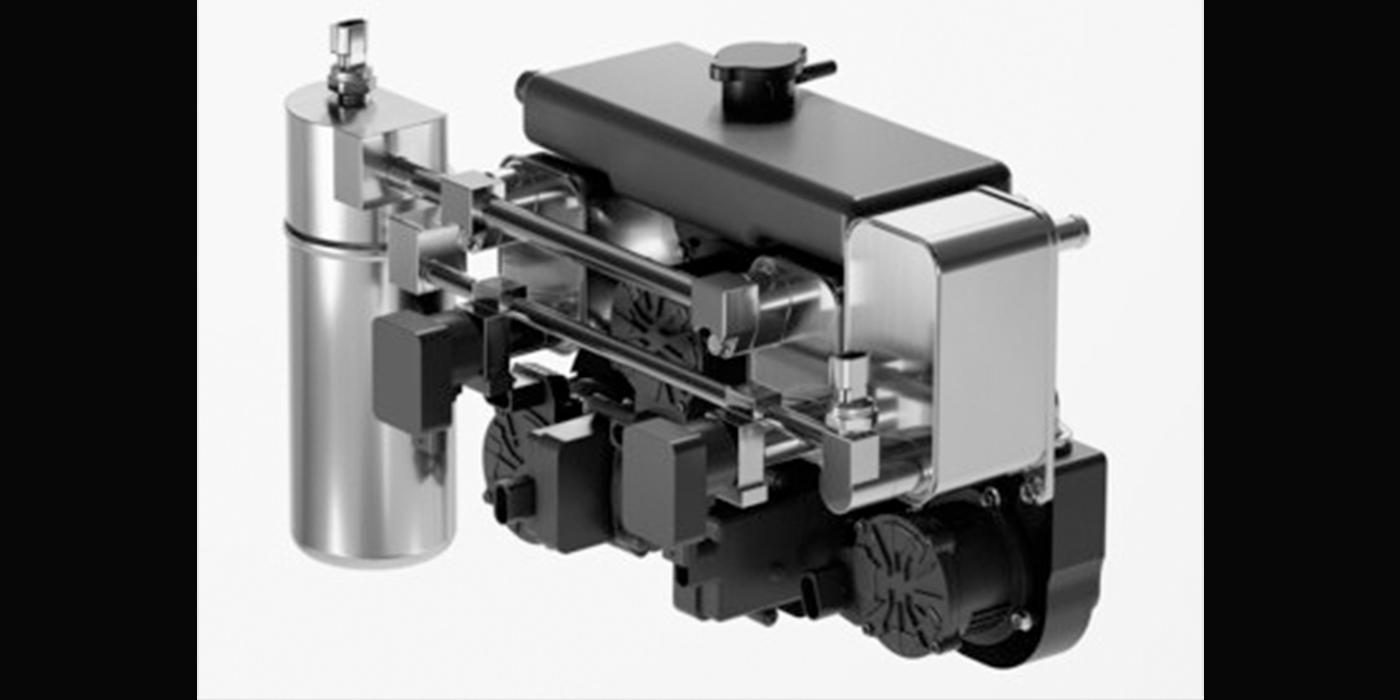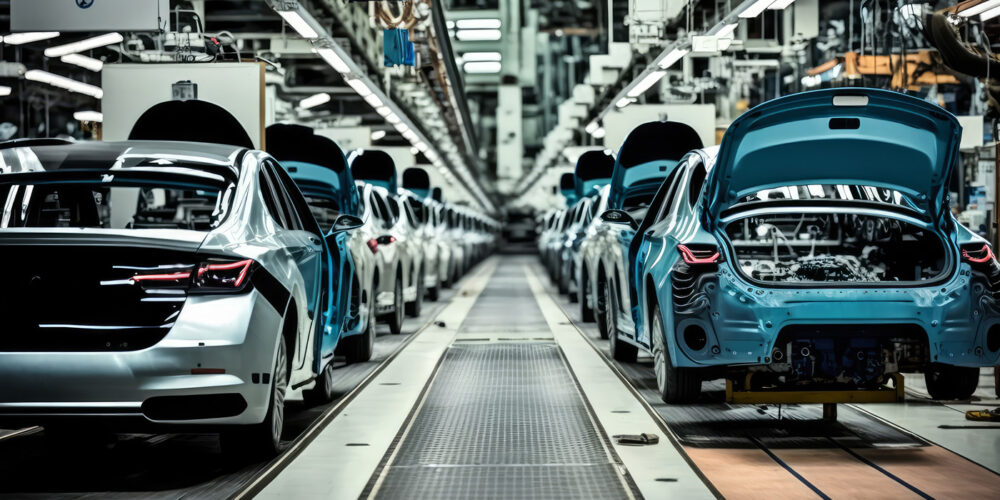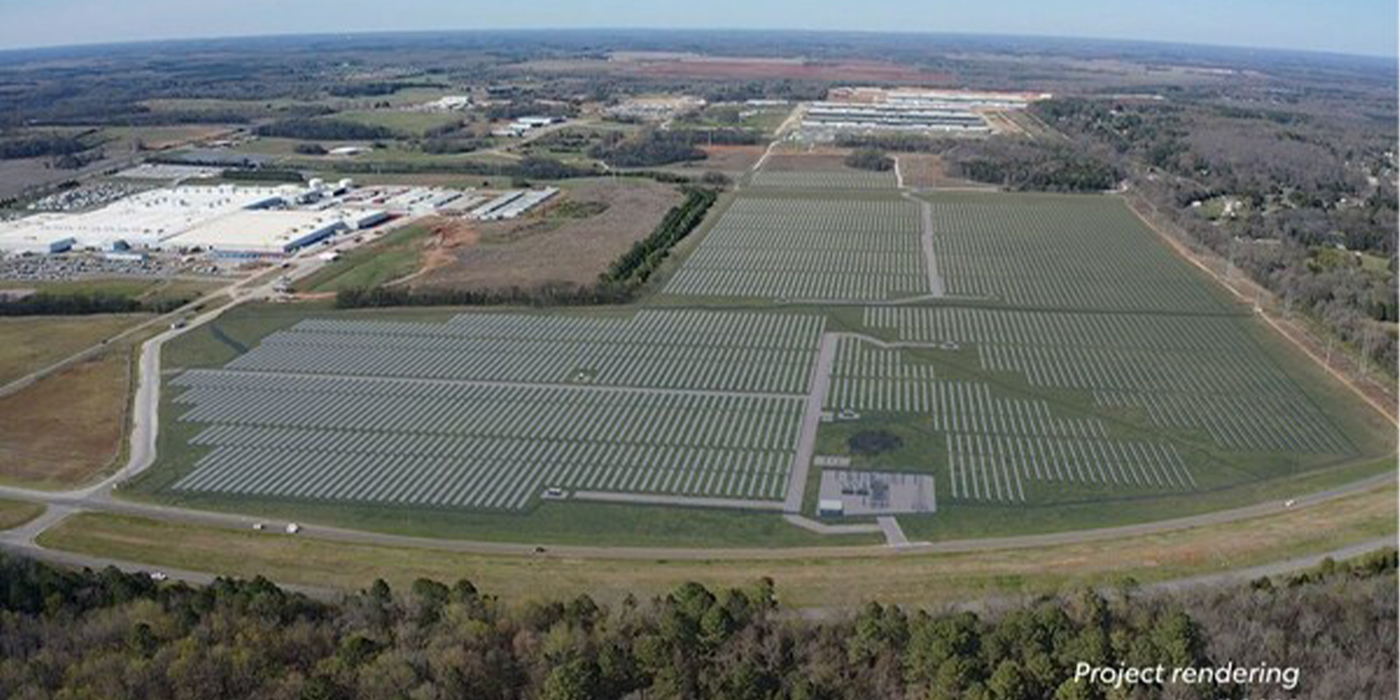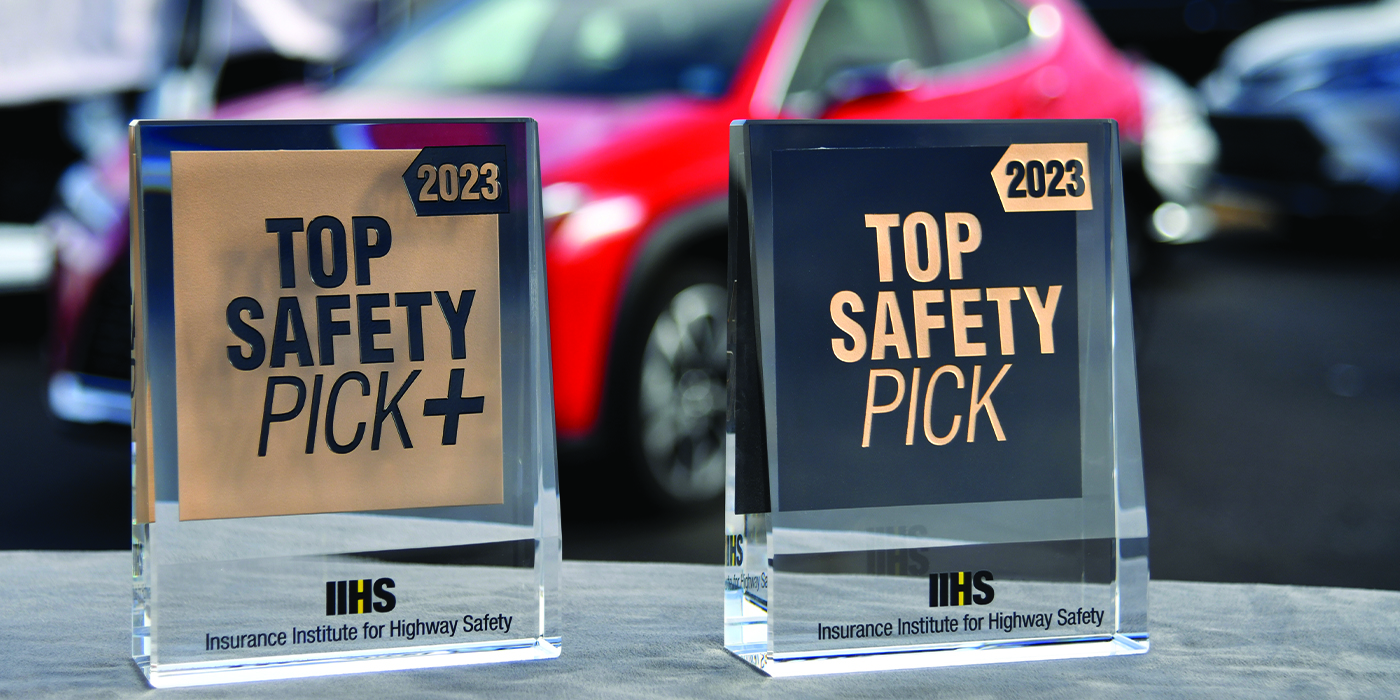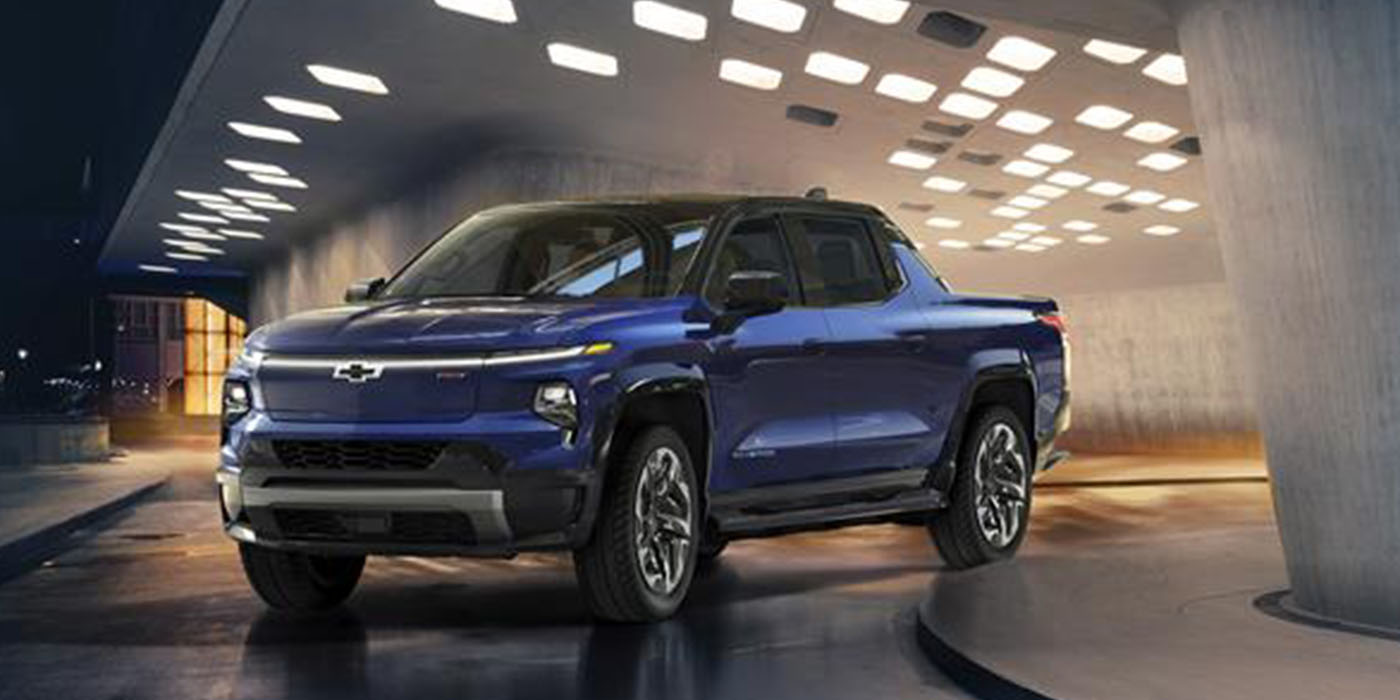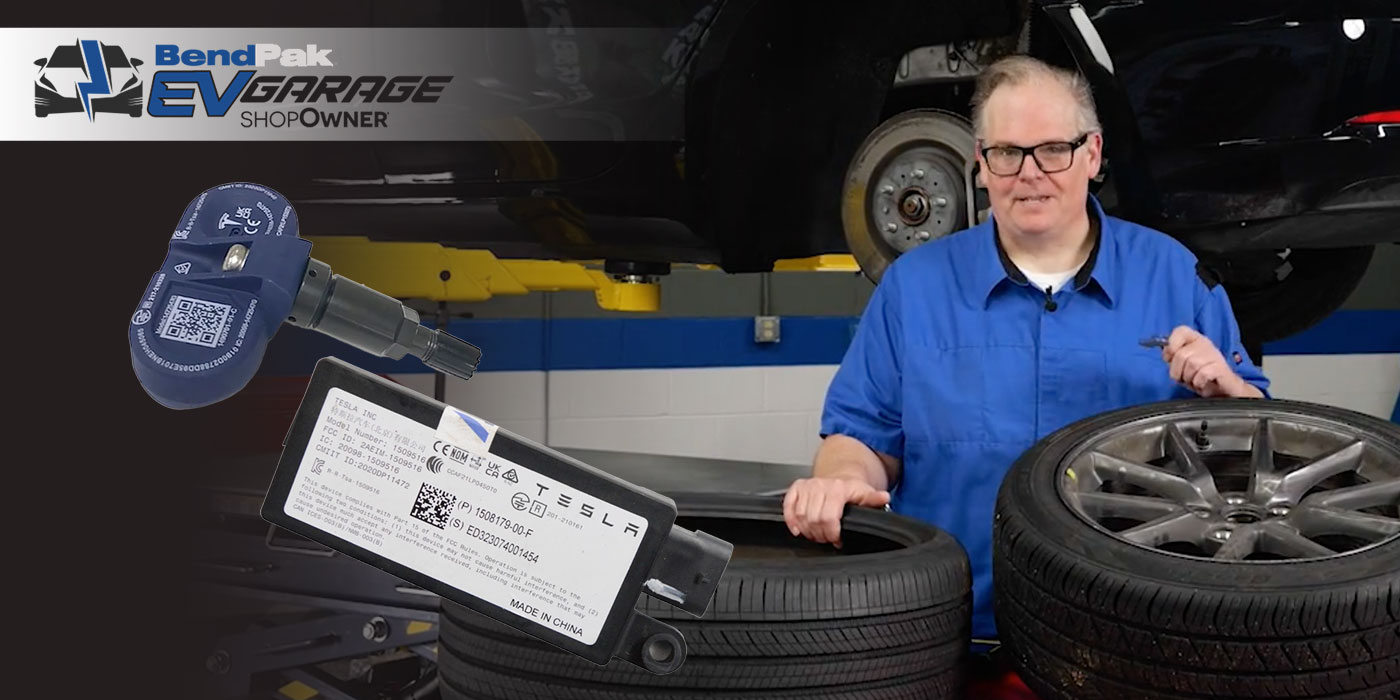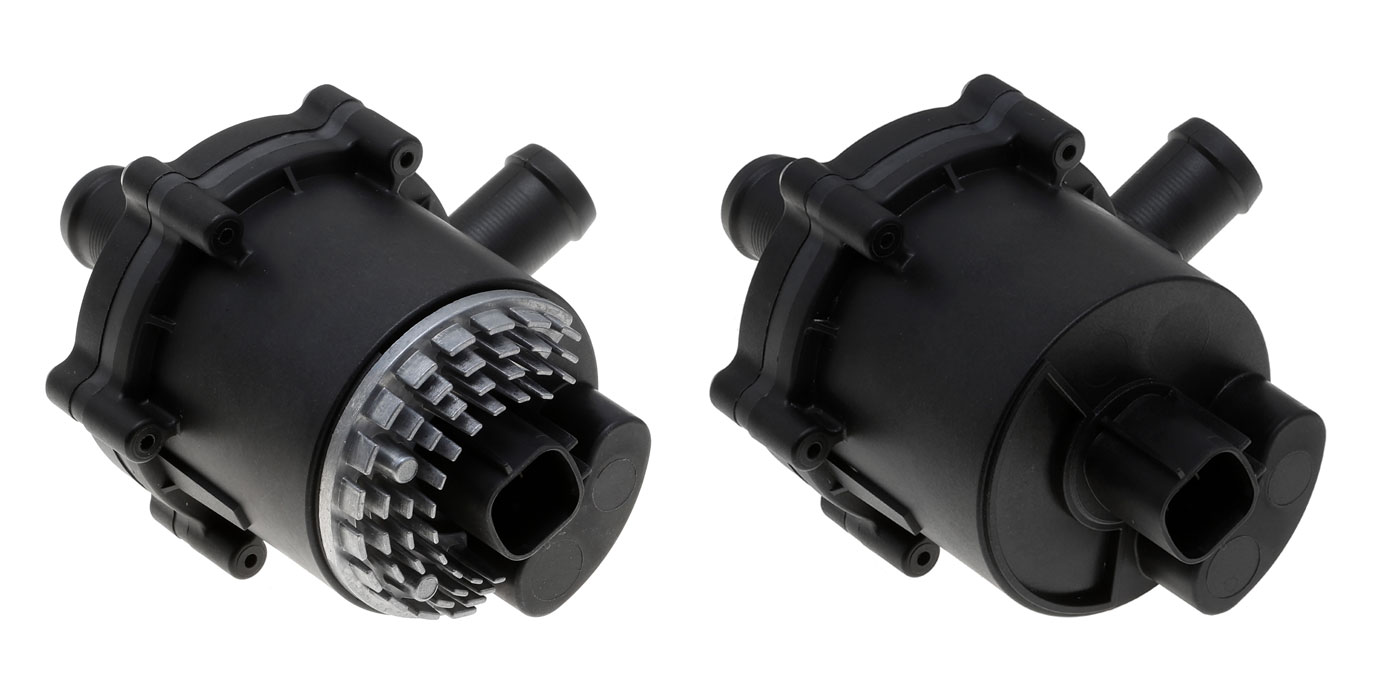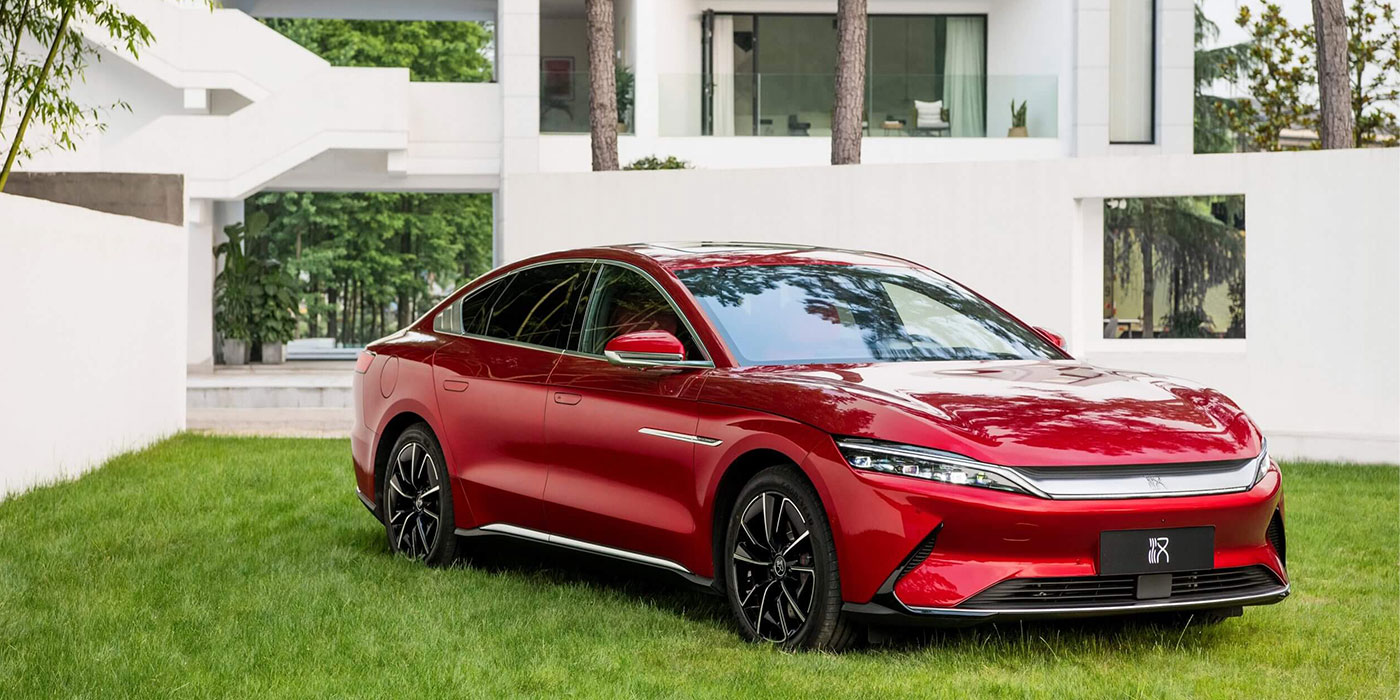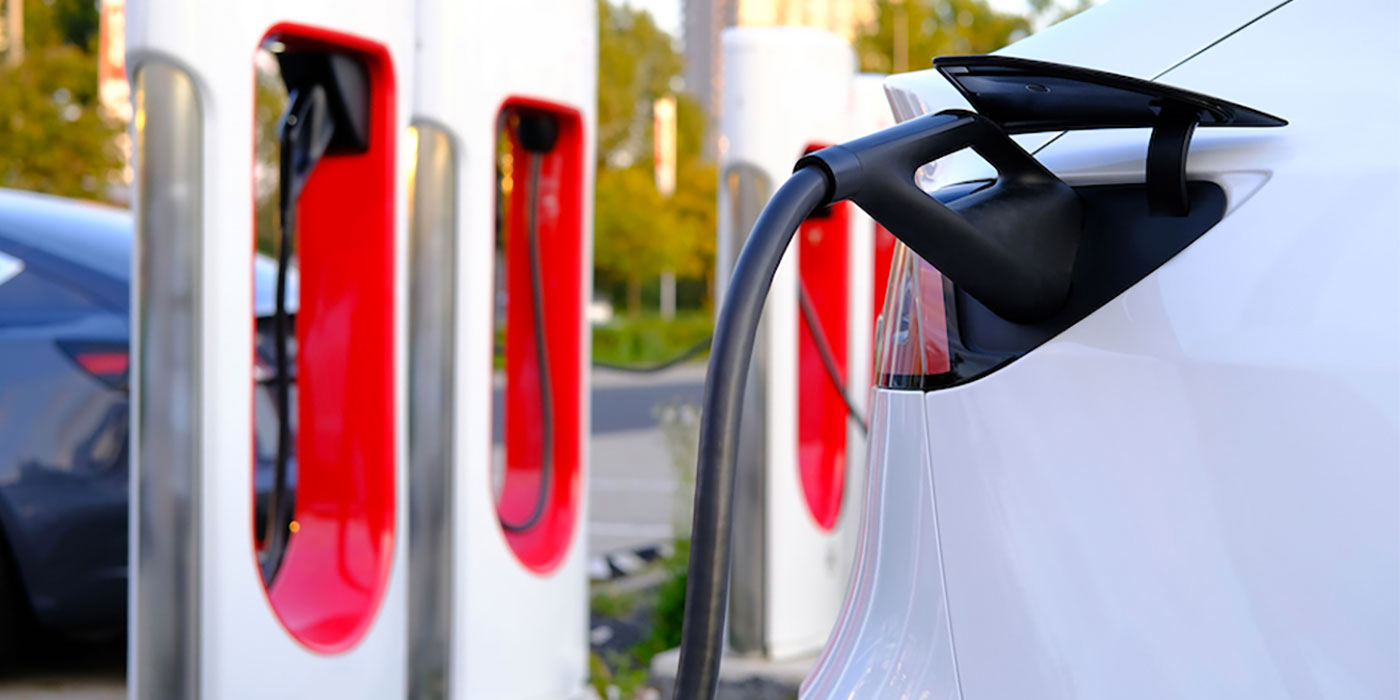By Josh Cable, senior editor, BodyShop Business
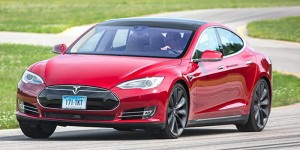 Federal regulators have closed their investigation into a May 2016 collision that killed the driver of a Tesla Model S that was operating in Autopilot mode, concluding that there were no defects in Tesla’s driver-assistance technology.
Federal regulators have closed their investigation into a May 2016 collision that killed the driver of a Tesla Model S that was operating in Autopilot mode, concluding that there were no defects in Tesla’s driver-assistance technology.
After analyzing data from Tesla Model S and Model X vehicles equipped with Autopilot, the U.S. Department of Transportation’s National Highway Traffic Safety Administration (NHTSA) also determined that the system might actually improve safety – noting that crash rates were 40 percent lower for Tesla vehicles that have the Autopilot technology.
“A safety-related defect trend has not been identified at this time and further examination of this issue does not appear to be warranted,” NHTSA said in its report. “Accordingly, this investigation is closed.”
In a Tweet, Tesla founder Elon Musk called the findings “very positive.”
On May 7, 2016, a 2015 Tesla Model S collided with a tractor-trailer crossing an intersection on a highway west of Williston, Florida, killing the Tesla driver. According to NHTSA, data from the Model S indicated that the Tesla was operating in Autopilot mode at the time of the collision, and the vehicle’s automatic emergency braking system did not provide any warning or automated braking for the collision.
Data from the vehicle also showed that the driver did not take any actions to avoid the collision – which occurred on a clear day with dry road conditions – and the driver’s last recorded action was increasing the cruise control to 74 mph, about two minutes before the crash.
In June 2016, NHTSA launched a probe to “examine the design and performance of any automated driving systems in use at the time of the crash.”
Among the agency’s findings, NHTSA asserted that the fatal May 2016 crash “appears to have involved a period of extended [driver] distraction.” The agency noted that Tesla’s driver-assistance system “requires the continual and full attention of the driver to monitor the traffic environment and be prepared to take action to avoid crashes.”

